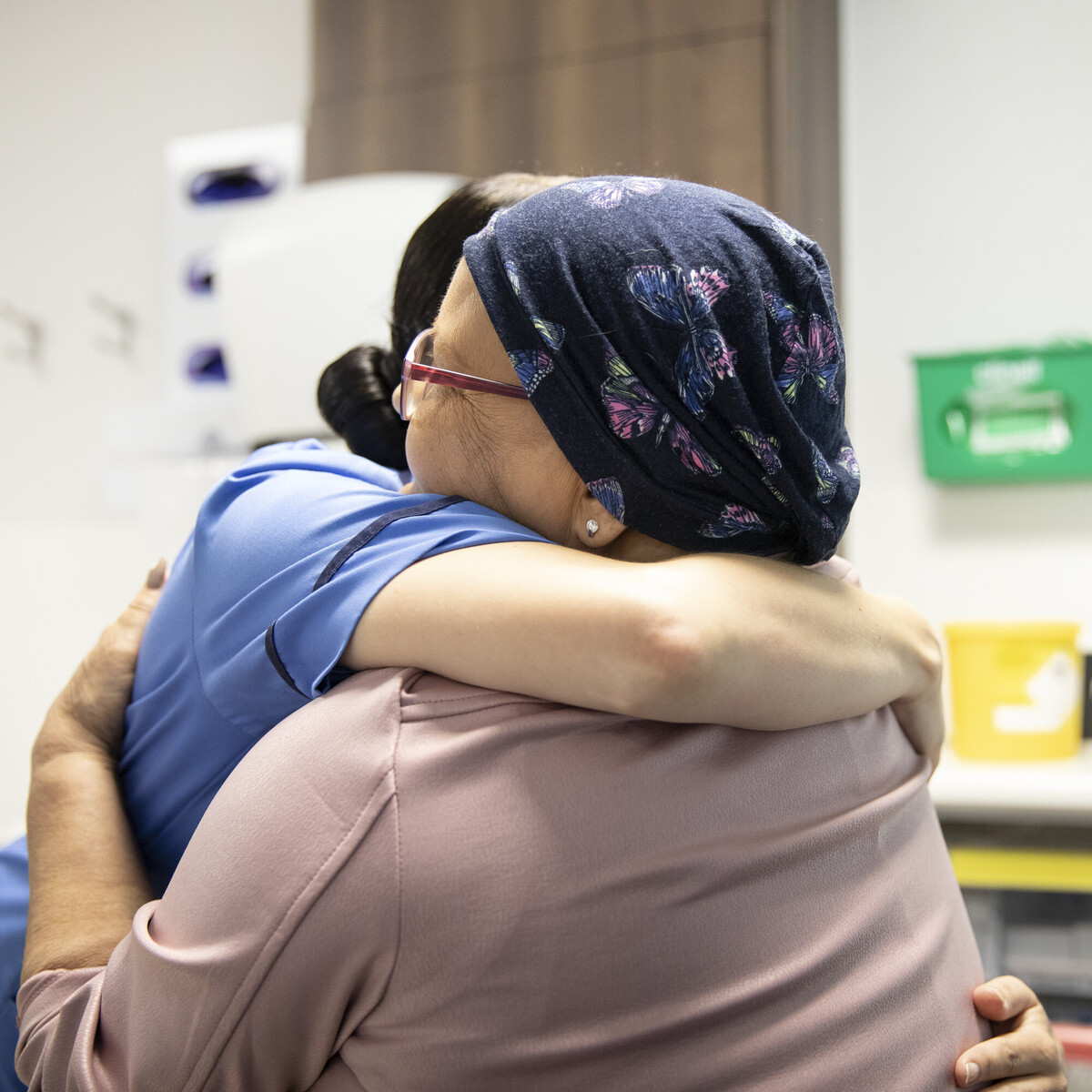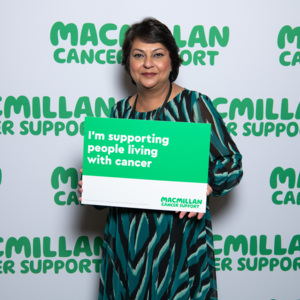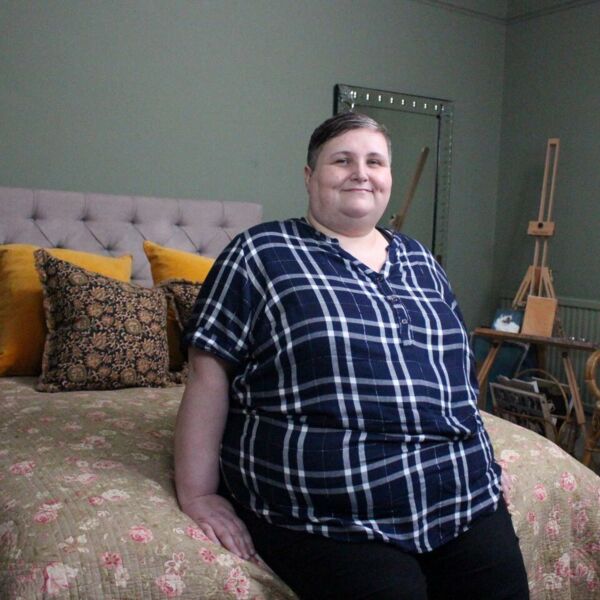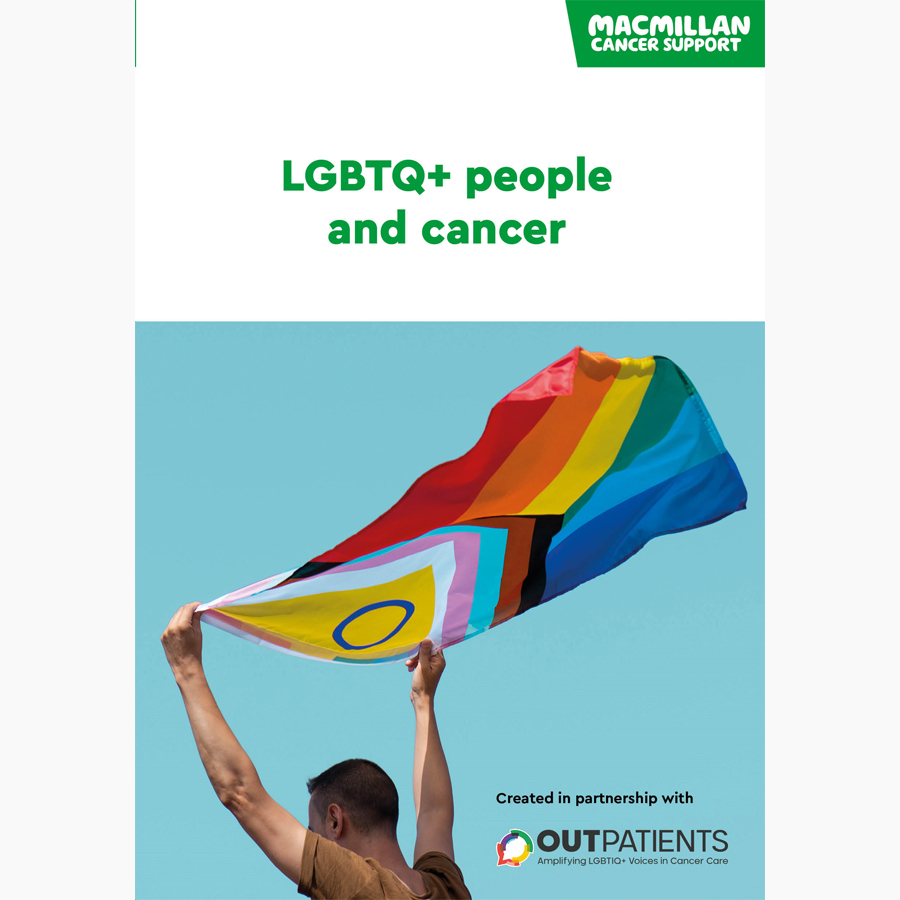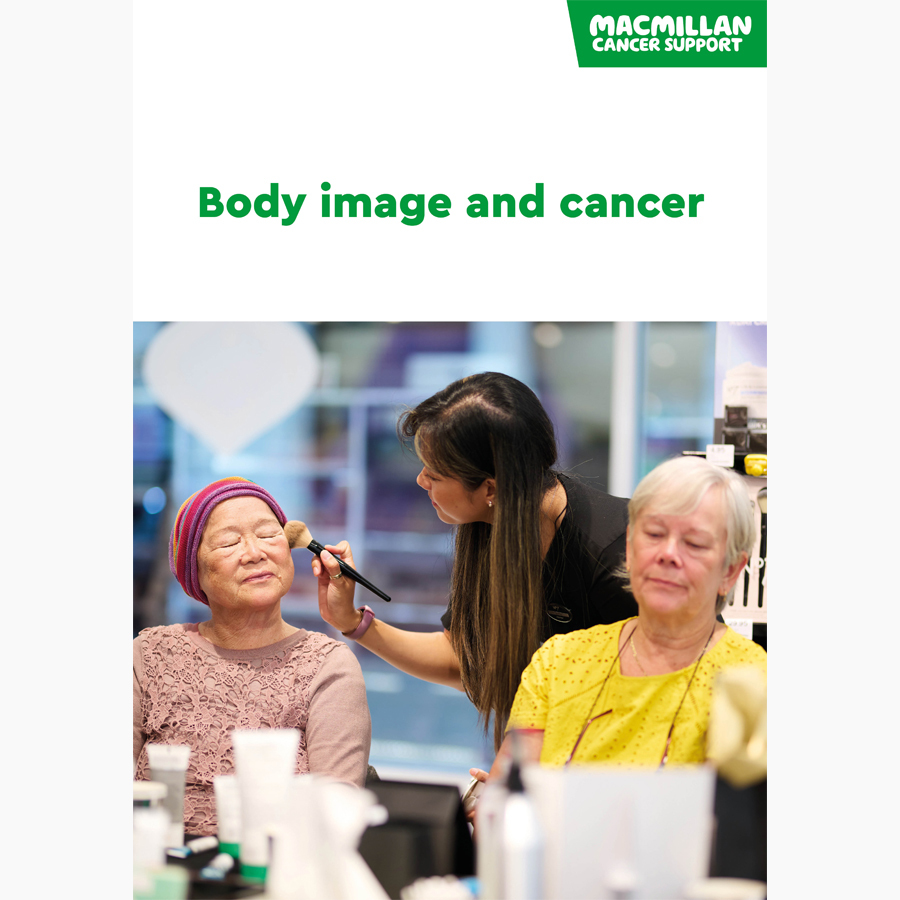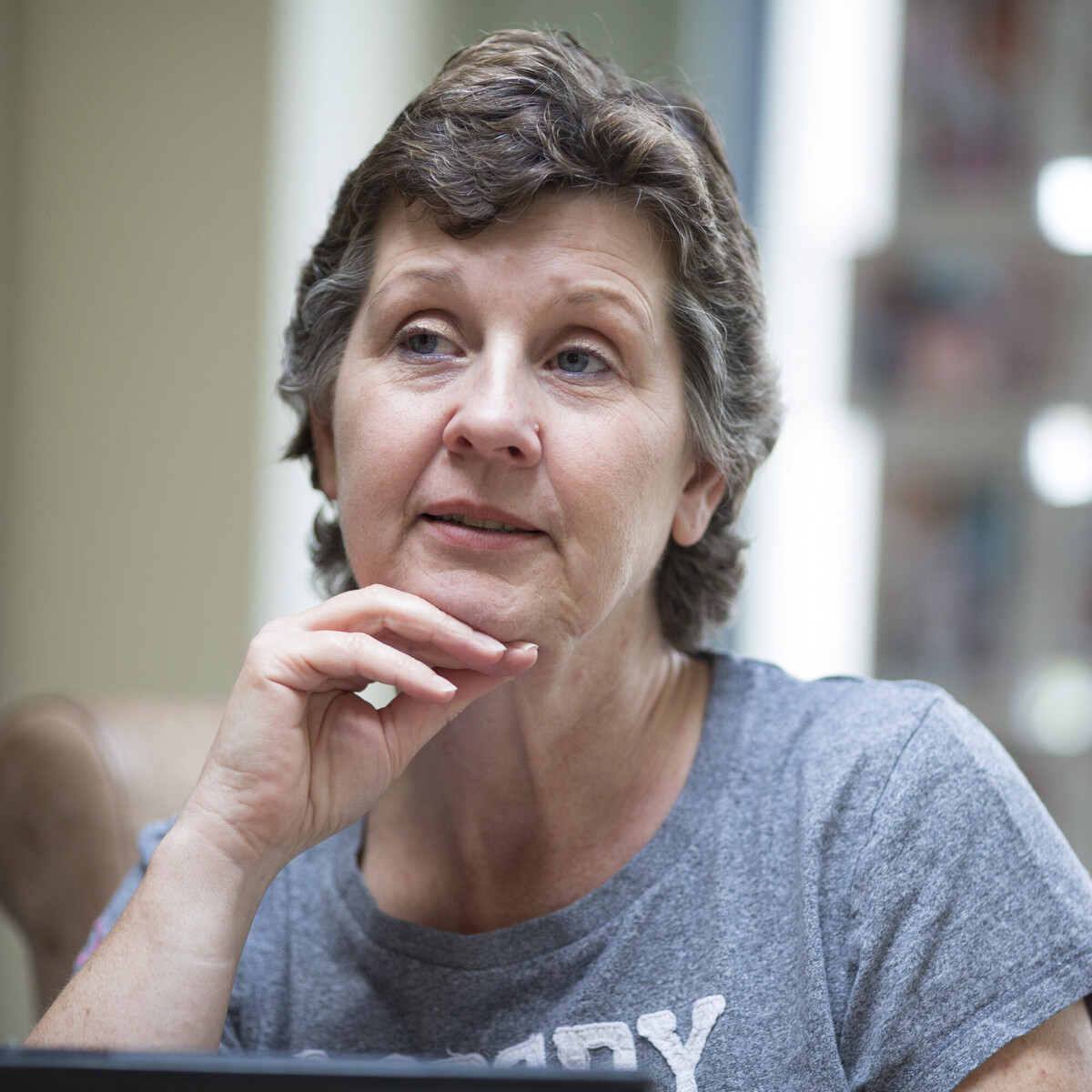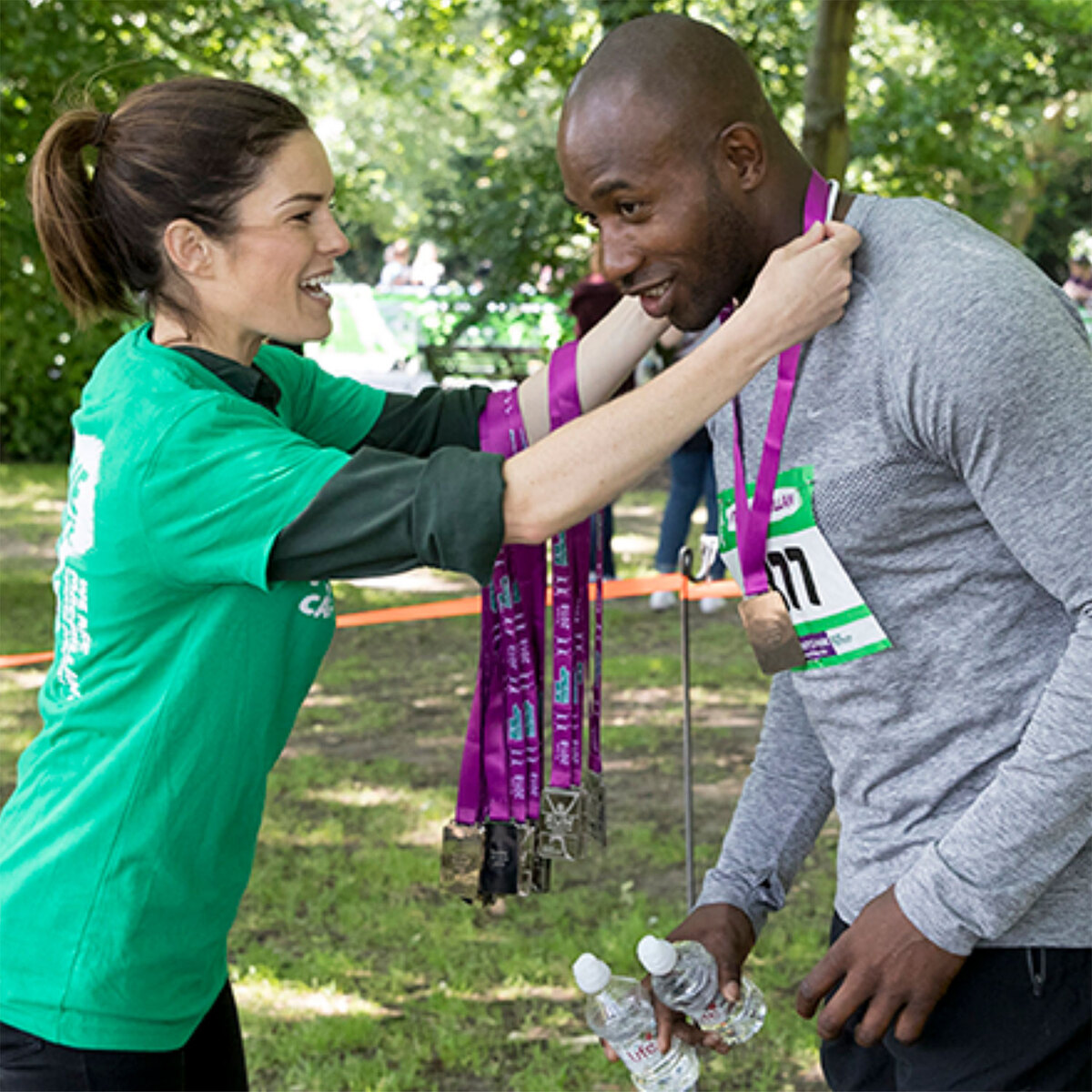
Gynaecological Cancer Awareness Month
Frequently asked questions about gynaecological cancer
-
What is a gynaecological cancer?
Gynaecological cancer refers to different cancers that affect the female reproductive system. These include:
Gynaecological cancers can affect anyone who has a womb, ovaries and fallopian tubes, a cervix, vagina and vulva. This includes women, transgender (trans) men and people assigned female at birth.
-
What are the symptoms of gynaecological cancer?
Symptoms of gynaecological cancer vary depending on the type of cancer. If you have any of the following symptoms, it is important to get them checked out by your GP.
Womb cancer
Usually, the first sign of womb cancer is unusual vaginal bleeding. For example, this could be:
- bleeding after the menopause (this is the most common symptom)
- bleeding between periods
- heavier period than usual (if you have not been through the menopause)
- a bloody or pink and water vaginal discharge
Less common womb cancer symptoms are pain or discomfort in the pelvic area, or pain during sex.
If you have any unusual vaginal bleeding, always see your GP about it. Other conditions that affect the womb, such as fibroids, can also cause unusual vaginal bleeding.
Ovarian and fallopian tube cancer
The symptoms of ovarian cancer and fallopian tube cancer are similar to other much more common non-cancerous conditions. This can make it difficult to diagnose early.
Symptoms can include:
- a persistent or long-lasting swollen tummy
- pain in the back or lower tummy
- peeing (passing urine) more often usual or feeling an urgency to pee
- loss of appetite or feeling full quickly when you eat.
We have more information about the signs and symptoms of ovarian cancer.
Cervical cancer
Very early-stage cervical cancer may not cause symptoms. It usually found and treated because of cervical screening tests.
Common symptoms of cervical cancer include:
- heavier periods than you normally have
- vaginal bleeding between periods, after sex, or after menopause
If you have any of these symptoms between your regular cervical screening appointments, do not wait for your next appointment. Talk to your GP or practice nurse and get the symptoms checked.
Read our information about symptoms of cervical cancer.
Vaginal cancer
The most common symptoms of vaginal cancer are:
- bleeding after menopause, between periods, or after sex
- blood-stained vaginal discharge
- pain when peeing (passing urine), needing to pee often, or blood in your pee
- pain the pelvic (lower tummy) area
- constipation
- feeling you need to poo, even though you have just been (tenesmus)
- swelling in your legs.
These symptoms can be caused by many other conditions. But if you notice any of them, it is important to see your GP.
Vulval cancer
Symptoms of vulval cancer can include:
- a lump, swelling or wart-like growth on the vulva
- itching, burning or soreness of the vulva that does not go away
- burning when passing urine (pee)
- bleeding, or a blood-stained vaginal discharge, that is not related to periods.
-
What are the treatment options for gynaecological cancer?
The treatment you will receive depends on many factors including:
- type of cancer you have
- your general health
- the type and size of the tumour
- whether the cancer has begun to spread.
A team of specialists will talk about the best treatment for you. They are called a multidisciplinary team.
Read our information on treatment for womb, ovarian, cervical, vulval, and vaginal cancer.
-
I am worried about test results - what support and information can help?
Having tests and waiting for results can be a difficult time. We have more information that may help if you are going for tests or waiting for tests results, or you have just been diagnosed.
-
Are there screenings for gynaecological cancers?
The UK has 3 national screening programmes which includes cervical screening. Currently there are no screening programmes for other gynaecological cancers.
The aim of a cervical screening test is to prevent cervical cancer developing. It detects and treats changes that could lead to cancer if left untreated.
The main risk for cervical cancer is an infection called the human papilloma virus (HPV).
Cervical screening looks for the HPV that can cause abnormal cells on the cervix. Samples that show HPV are the checked under a microscope for abnormal cells. Any abnormal cells that might become cancer can then be removed to prevent cervical cancer developing.
Screening appointments can also help find a possible cervical cancer that is very early stage that does not have symptoms.
Support for people living with gynae cancer
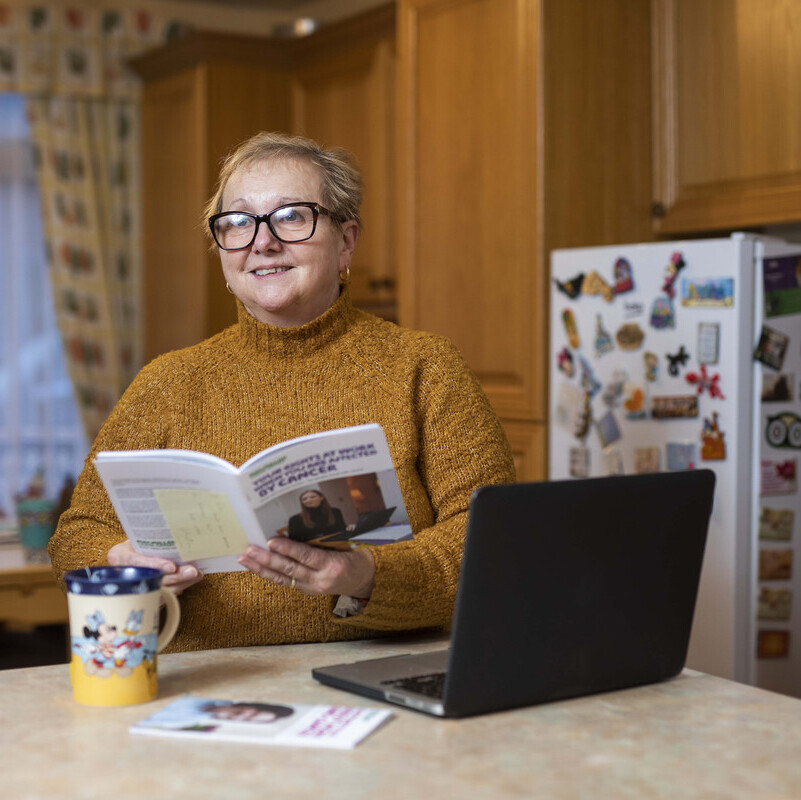
Information on our website
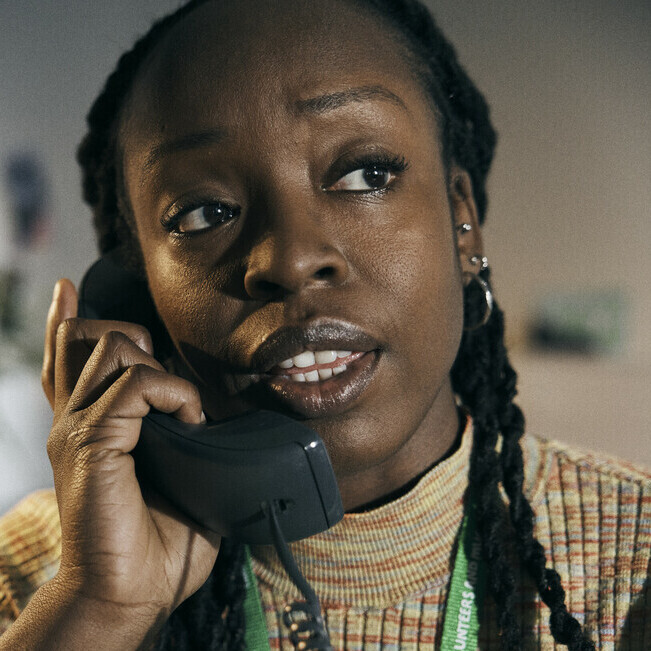
Accessing Macmillan services
